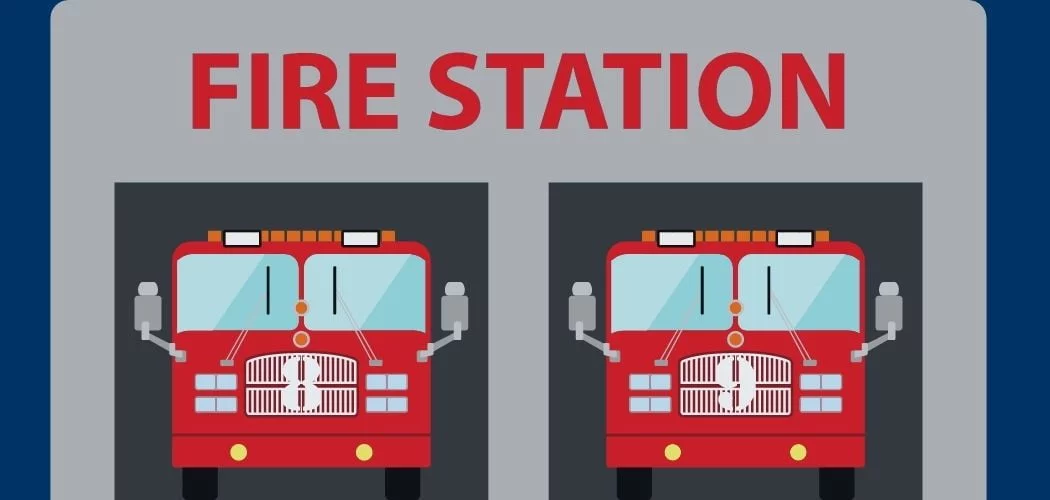The average teacher in the Philippines is starting to get paid more which means more money. With the approval of the Salary Standardization Law of 2019 (Republic Act 11466), the national average salary of public school teachers will be higher than their private-sector counterparts by around 65 to 87%.
The salary increases, as per RA 11466, are scheduled in four tranches — from the year 2020 until the year 2023. The increase will be per Salary Grade (SG) and corresponds to the teacher’s rank and position.
While skeptics warned that the economic downturn caused by the pandemic could jeopardize the said increase, the Department of Education assured that there is enough funding for the wage hike for teachers.
Public teacher’s salary in the Philippines
The new monthly salaries of public teachers in the Philippines 2024 are shown in the following table:
| Position | Amount | Salary Grade |
|---|---|---|
| Teacher 1 | ₱27,000 | 11 |
| Teacher 2 | ₱29,165 | 12 |
| Teacher 3 | ₱31,320 | 13 |
| Master Teacher I | ₱46,725 | 18 |
| Master Teacher II | ₱51,357 | 19 |
| Master Teacher III | ₱57,347 | 20 |
| Master Teacher IV | ₱63,997 | 21 |
Teacher 1 salary grade 2024
Entry-level teachers, who hold the rank of Teacher 1, are now getting a monthly salary of ₱27,000 (SG 11). This is approximately 6% higher compared to the year 2022.
It’s important to take into consideration that this is an entry-level position and the teacher’s salary in the Philippines at this level is generally lower. But not a bad one.
Teacher 2 salary grade 2024
Starting January 2023, the salary of Teacher 2 was increased to ₱29,165 (SG 12), which is approximately 5% higher compared to the year 2022.
Teacher 3 salary grade 2024
Starting January 2023, the salary of teachers holding the rank of Teacher 3 was raised to ₱31,320 (SG 13), which is approximately 5% higher than their salary in 2022.
Master Teacher I salary grade 2024
Master Teachers in the Philippines are those teachers who have met certain qualifications and standards set by the Department of Education.
Starting January 2023, teachers who hold the rank of Master Teacher I will now enjoy a monthly pay of ₱46,725 (SG 18).
Master Teacher II salary grade 2024
Starting in 2023, the salary of Master Teacher II teachers was increased to ₱51,357 (SG 19).
Master Teacher III salary grade 2024
Starting in 2023, the salary of those who have the rank of Master Teacher III was increased to ₱57,347 (SG 20).
Master Teacher IV salary grade 2024
The salary of teachers who hold the Master Teacher IV rank was increased to ₱63,997 (SG 21) in 2023.
PH Teachers benefits and bonuses
Teaching comes with many of the additional benefits of most careers. Teachers’ compensation in the Philippines is more than their salary. It is a valuable total package that includes, salary, extra pay, benefits, and pension.
Teachers are also entitled to a uniform allowance, mid-year, and year-end bonus, cash gift, productivity enhancement incentive (PEI), an anniversary bonus, and performance bonus.
They are also entitled to sick days, paid leave, and other leave privileges (maternity, paternity, and study leave).
And of course, there’s summer vacation. But teachers make sure their time off is spent productively, including continuing education, volunteer work, and much more. Here’s the breakdown of the benefits for teachers in the Philippines:
Allowances and incentives
| Benefits | Amount in Php |
|---|---|
| Clothing and uniform | ₱6,000 |
| Mid-year bonus | 1-month basic salary |
| Year-end bonus | 1-month basic salary |
| Cash gift | ₱5,000 |
| Productivity Enhancement Incentive (PEI) | ₱5,000 per year |
| Anniversary bonus | ₱3,000 |
| Performance bonus | 50–65% of the basic monthly salary |
| Proportional Vacation Pay (PVP) | 70 days PVP during summer and Christmas break for those who have rendered full services during the school year |
| Chalk allowance | ₱7,500 |
Social Security
- GSIS
- Retirement and Life Insurance Premiums
- PhilHealth
- Employees Compensation Program
Bonuses and other benefits
- One step increment for every three (3) years of continuous satisfactory performance.
- One or two (2) step increments due to admirable performance using the Results-based Performance Management System (RPMS).
- Loyalty Cash Incentive which depends on the number of years in service (starting on the 10th year amounting to P10,000 and P5,000 after every 5 years).
- Special Hardship allowance to teachers assigned in hardship posts (cannot be reached by regular means of transportation through hiking or banca/motorcycle rides), mobile teachers, and multi-grade teachers (25% of basic salary).
- Honoraria for teaching overload subject to funds availability.
- Leave privileges (Maternity, paternity, study leave).
- Additional incentives/allowances from LGU (selected divisions).
- Vacation service credits (max of 15 days per year).
- For mobile teachers, P2,000 per month for a transportation allowance.
- For mobile teachers and DALCs, P5,000 per year for instructional materials
- In-service training.
Final thoughts
Every decision around teachers’ compensation — and education expenditures as a whole — was focused on improving student achievement. Compensation investments too often are based on factors unrelated to student achievement. As a response, the Philippine government re-examined the compensation structures to better support and drive effective teaching.
References
- Department of Budget and Management. (2022). Budget Circular Volume I. Retrieved from https://www.dbm.gov.ph/wp-content/uploads/Issuances/2022/Budget-Circular/VOLUME-I.pdf
- Official Gazette of the Republic of the Philippines. (2019). Republic Act No. 11466. Retrieved from https://www.officialgazette.gov.ph/downloads/2019/12dec/20200108-RA-11466-RRD.pdf



